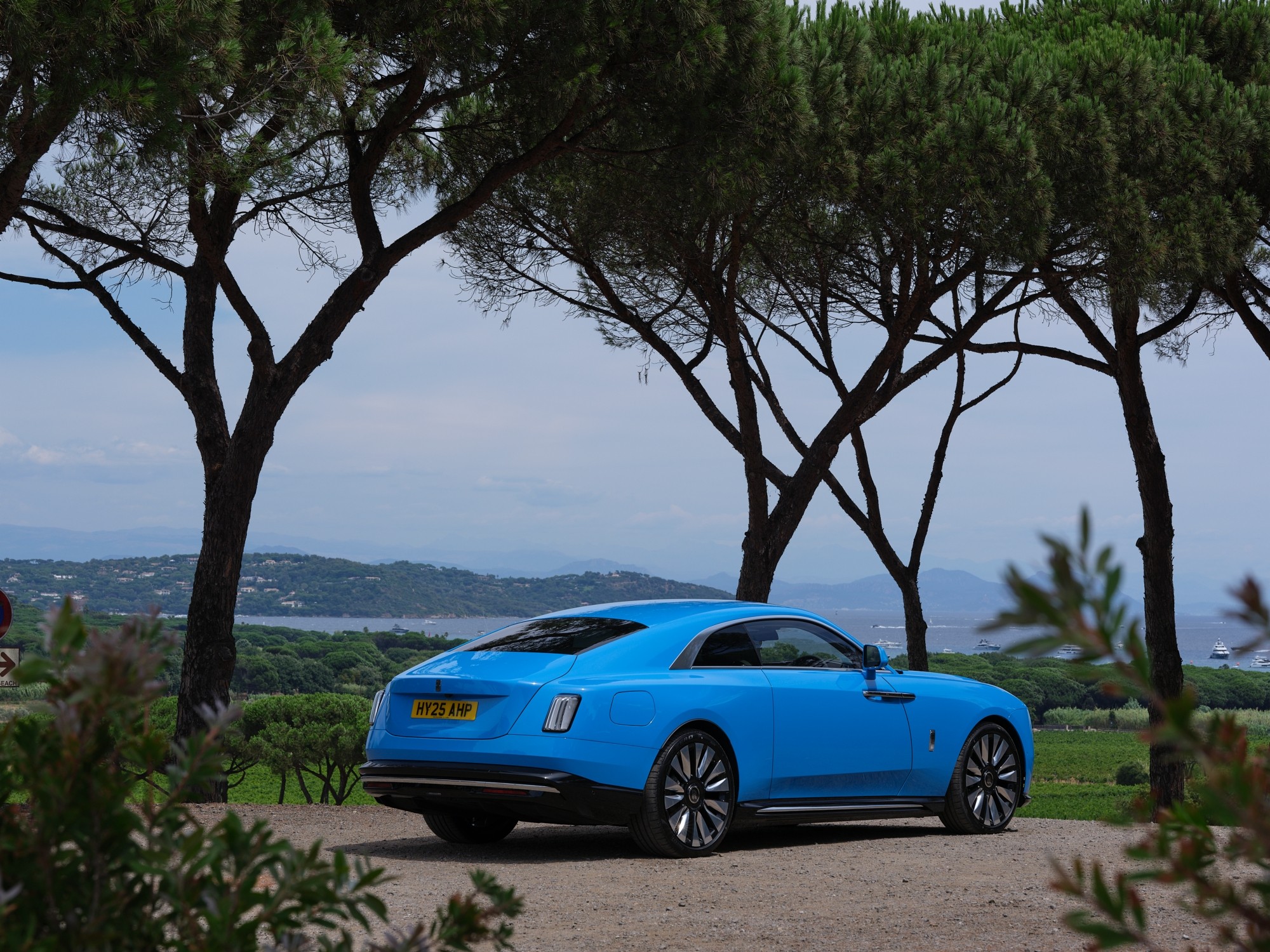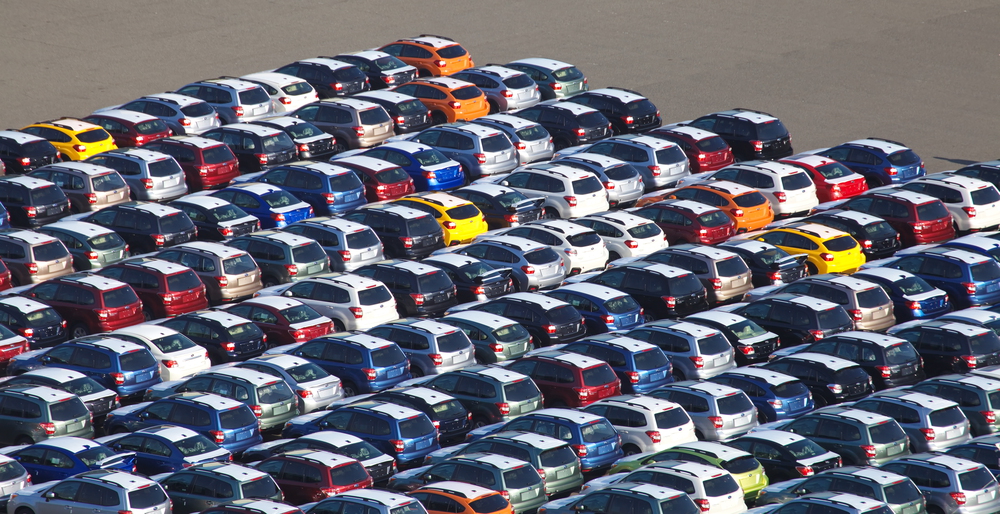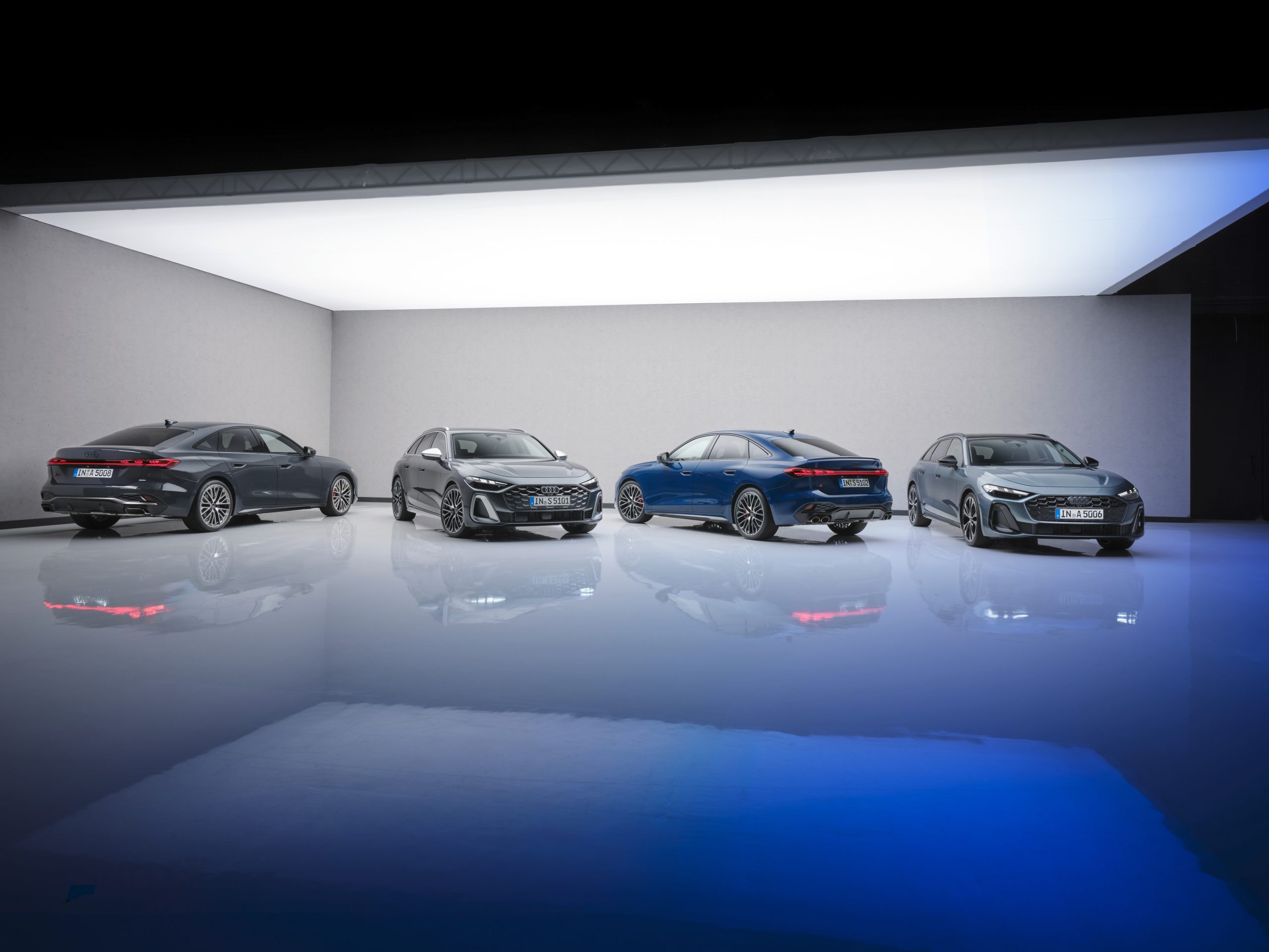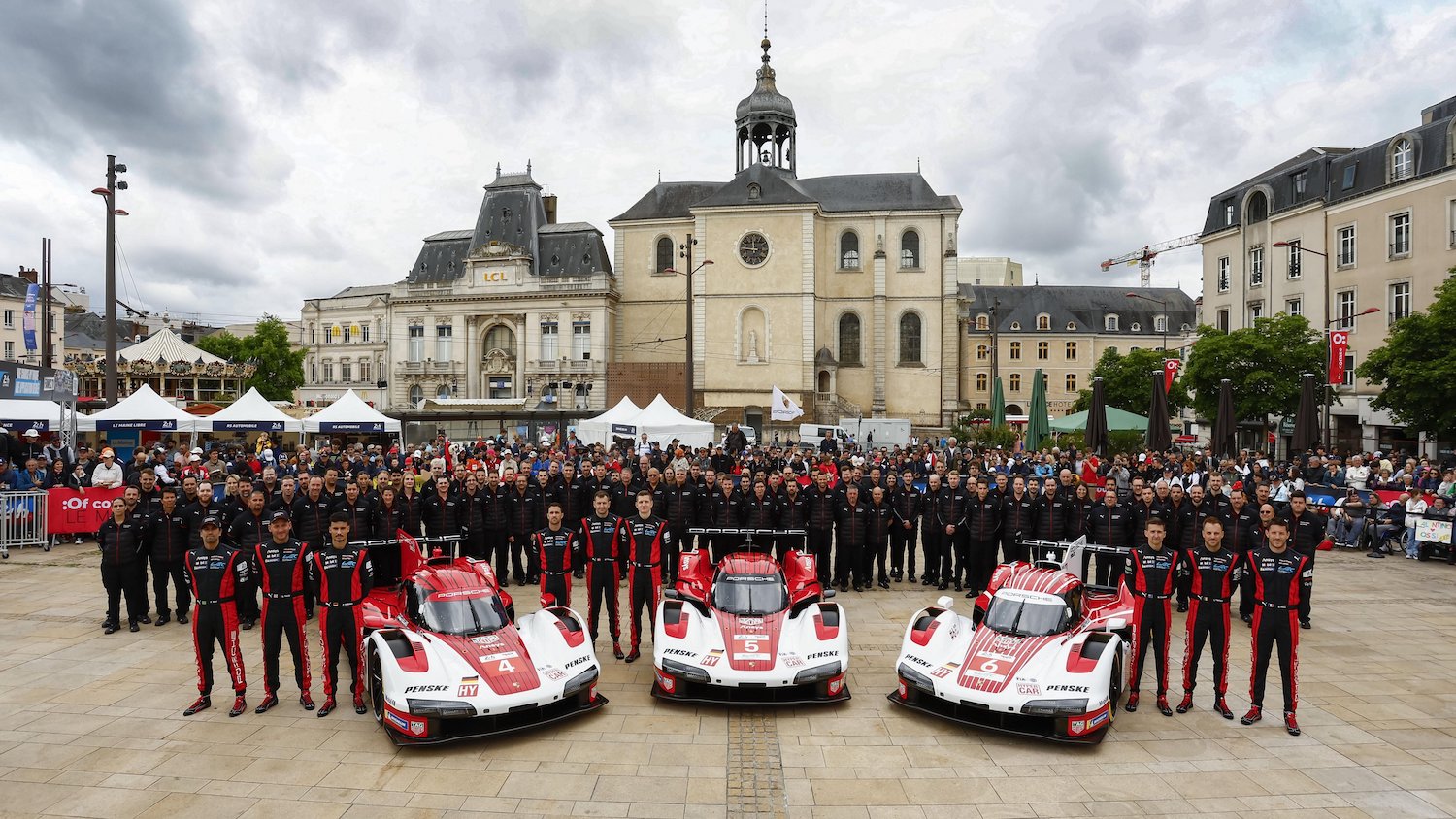CESL Leads the Charge in India’s Transition to Electric Vehicles
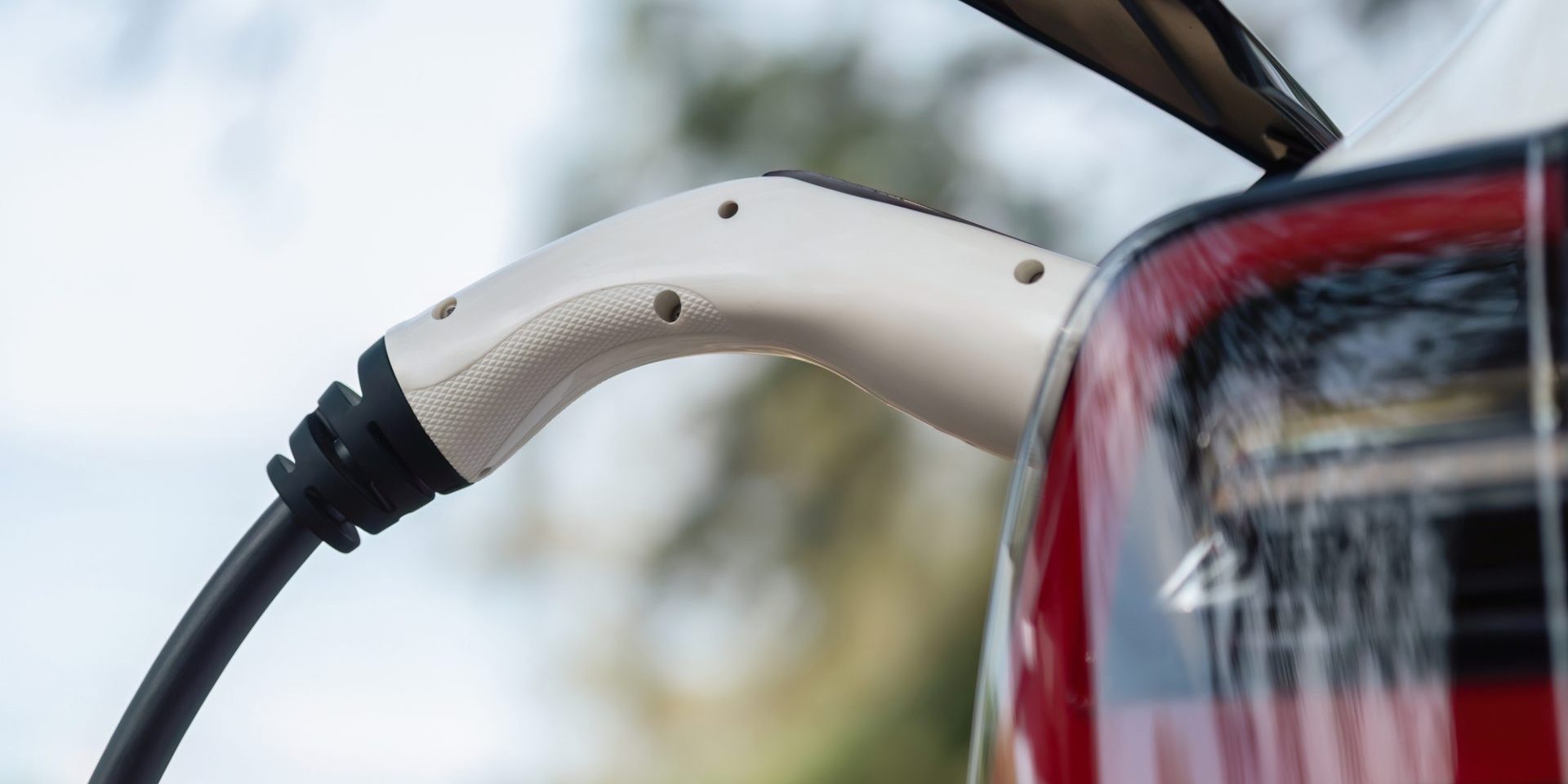
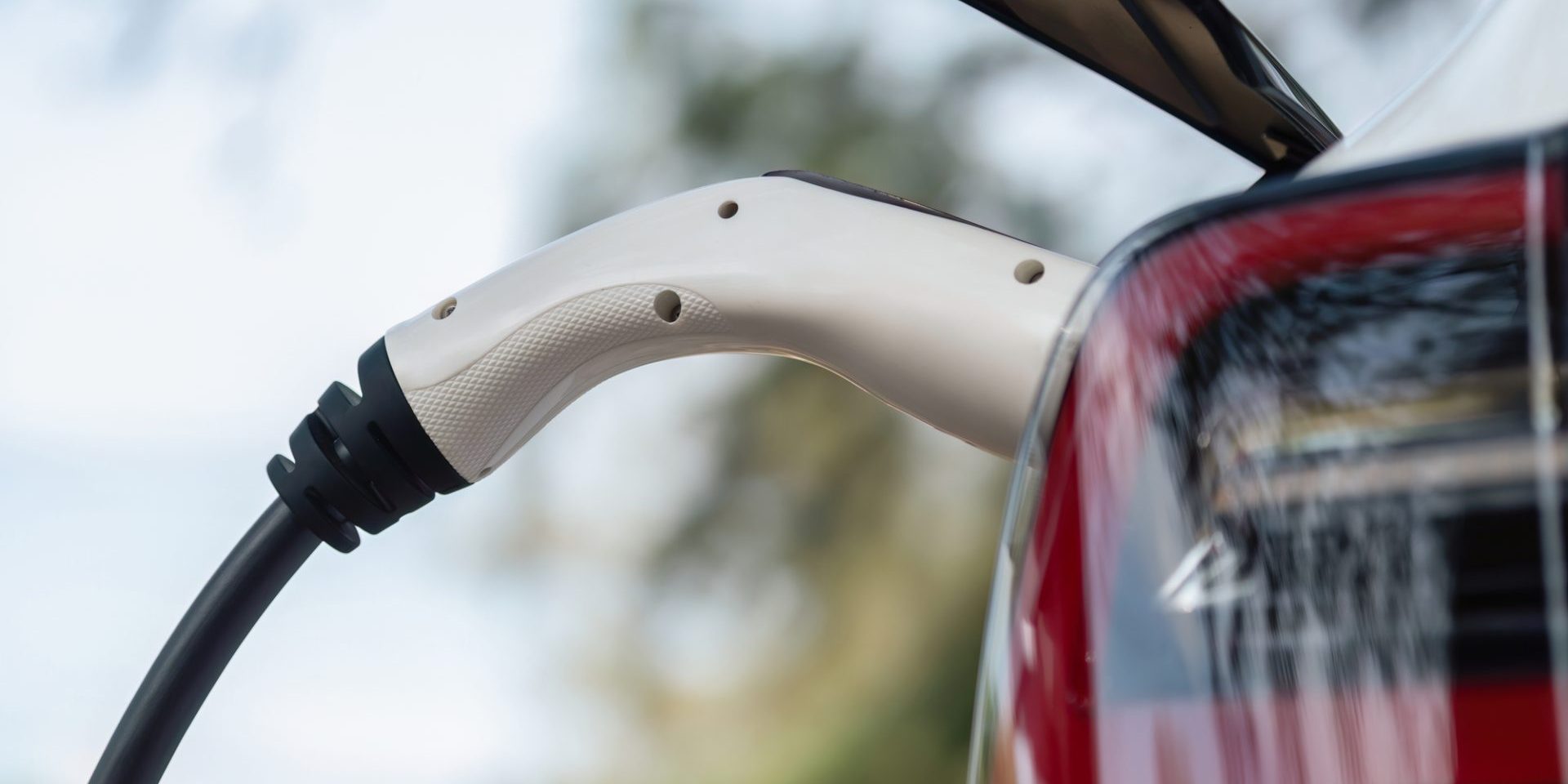
In recent years, several Indian state governments have been promoting electric vehicles (EVs). This trend has been growing, especially in the last five years.
Post-Covid, as life returned to normal, the government focused on educating people about the benefits of EV adoption. States like Delhi, Karnataka, and Maharashtra even subsidized EV purchases to encourage the masses to go green.
Now, a new initiative has been launched by India’s Union Minister of Power and Housing and Urban Affairs, Mr. Manohar Lal Khattar.
Under the Convergence Energy Services Limited (CESL), the minister recently launched the “EV as a Service Programme.”
“The Union Minister flagged off an EV rally comprising vehicles in multiple segments with the call to action on adopting clean mobility alternatives to reduce emissions,” a leading news publication reported.
The programme, held at Major Dhyan Chand National Stadium, aims to advance the adoption of electric cars in Central and State Government ministries/departments and Central Public Sector Enterprises (CPSEs).
CESL, a subsidiary of Energy Efficiency Services Limited (EESL), is trying to encourage government staff to switch to EVs. They offer a flexible procurement model that allows the deployment of various types of EVs.
This flexibility enables government offices to choose EVs that suit their work requirements. The programme offers both freedom of choice and flexibility.
When government officials opt for EVs, it has a positive ripple effect on the mainstream consumer.
“The CESL has already deployed nearly 2000 nos. of E-Cars across India and is also facilitating the deployment of approximately 17,000 e-buses.”
The minister said, “The ‘EV as a Service’ programme exemplifies CESL’s dedication to sustainable innovation and showcases its ability to address the urgent need for clean mobility solutions. I commend CESL for not only driving change but for setting an inspiring example in our nation’s journey toward greener transportation. With initiatives like these, India moves closer to a future where clean energy is the norm, creating a lasting impact for generations to come.”


